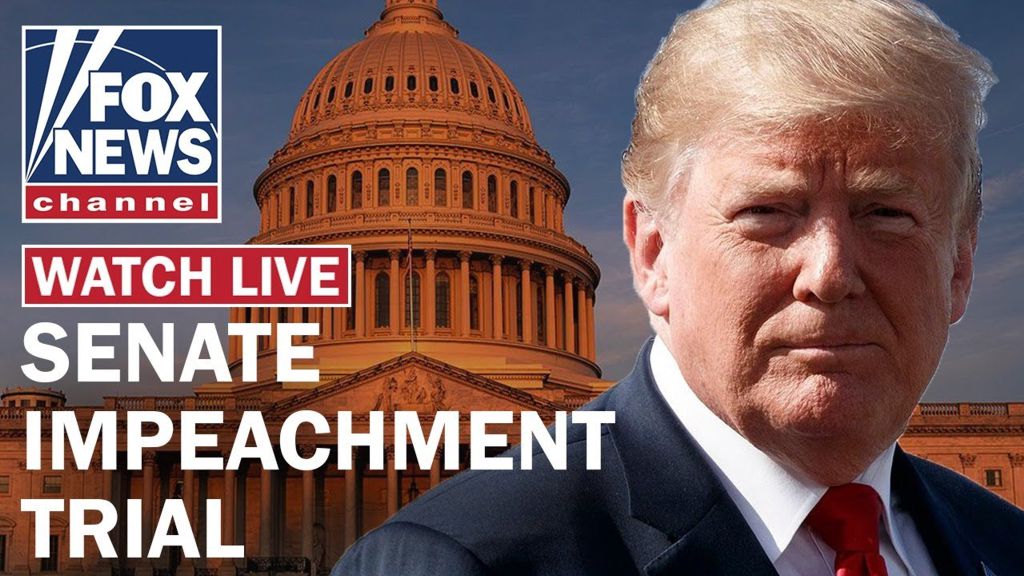On Sept. 11, 2001, I was working for Merrill Lynch on the top floor of the World Financial Center in New York City. I witnessed up-close the horrific deadly terrorist attacks on the World Trade Center. My colleagues and I evacuated our building and were led to safety thanks to the heroic efforts of NYPD officers. That day, 2,977 souls were not as fortunate. I was shocked. Heartbroken. I vowed to God that I would give back and serve this great nation.
This vow led me to leave a multibillion-dollar hedge fund in 2009 and apply to become an FBI special agent. According to the Wall Street Journal, around 45,000 people applied to be special agents that fiscal year. About 900 made the cut. I was one of them.
After five months of arduous training at the Academy in Quantico, I was a sworn-in special agent, assigned to the Miami Division. I considered it a sacred responsibility and was honored to be entrusted to protect and serve the American people.
My entire career was spent in the field, where I believed I could make the strongest impact in rescuing victims and putting criminals behind bars.
It was my privilege to work alongside the finest and brightest in the FBI, local law enforcement and our federal partners, participating in the investigations of myriad criminal cases: The Marjory Stoneman Douglas High School shooting in Parkland, Florida; the 2017 Fort Lauderdale airport shooting, the Cesar Sayoc pipe bomb case, multimillion-dollar Ponzi schemes, crimes on the high-seas, bank robberies, murders for hire, sexual assaults; extortions and more.
Yes, it was physically taxing and emotionally jarring. But I believed I was making an impactful difference.
Every day, I woke up and embraced being an FBI special agent.
Until things changed.
Over the course of my 12-plus years of service, the FBI’s trajectory transformed. On paper, the bureau’s mission remained the same, but its priorities and governing principles shifted dramatically. The FBI became politically weaponized, starting from the top in Washington and trickling down to the field offices.
Although I was always treated with the highest level of respect in the Miami Division, I no longer felt that I was the type of agent the FBI valued.
Lately, there has been one politicization issue after another at the FBI. Consider an example: on June 4, 2020, images and videos surfaced online of special agents in their FBI-marked ballistic vests kneeling to protesters in Washington, D.C., while on official duty protecting our nation’s institutions.
By Nicole Parker








